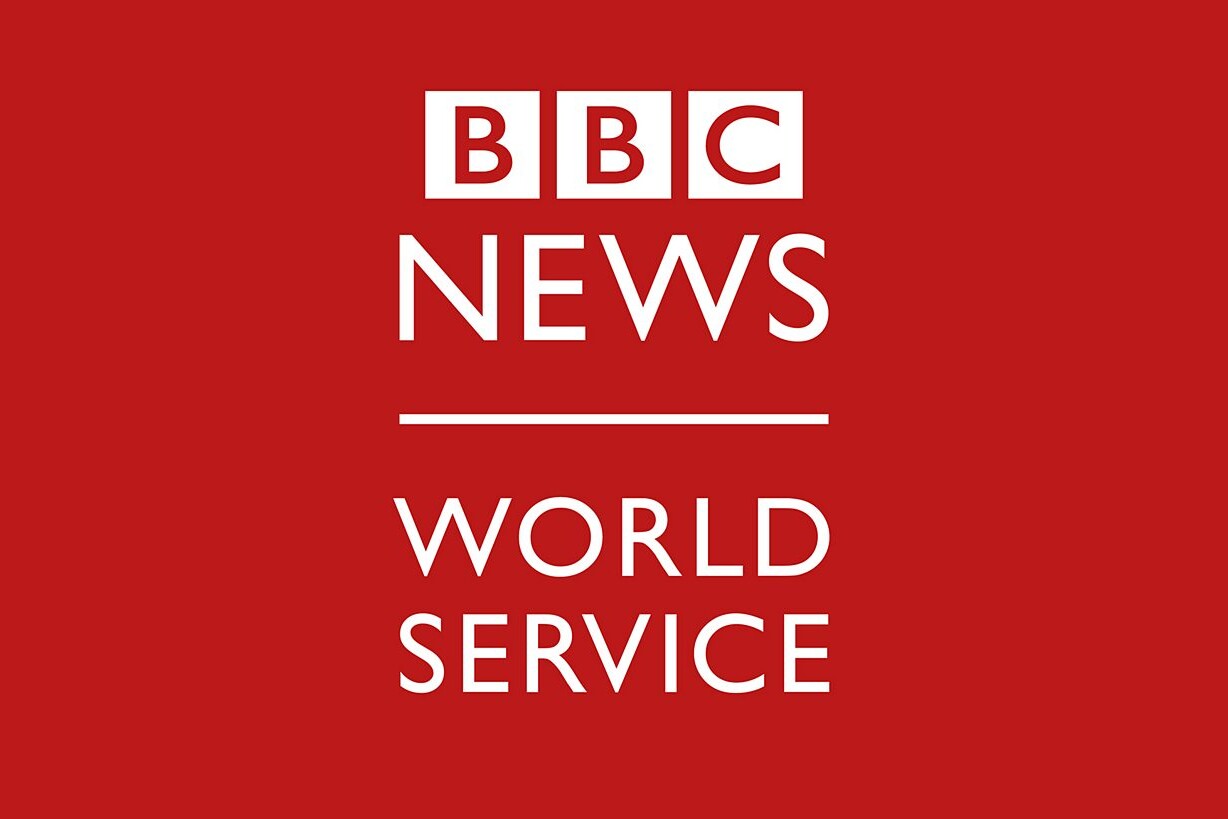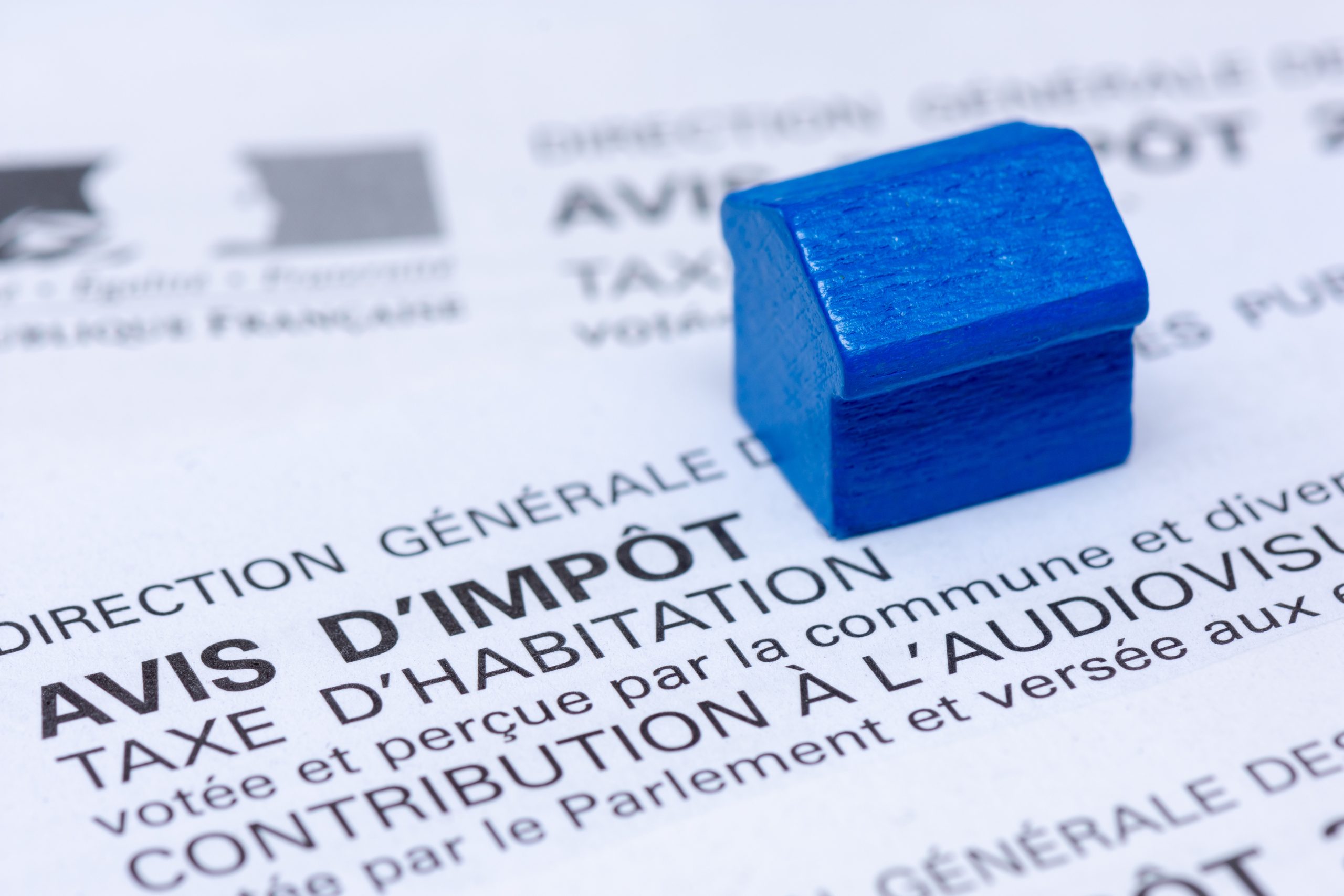RFI and France 24 broadcasts suspended from Niger
15th August 2023
The French international public service broadcasters, RFI and France 24, have been suspended in Niger following the military takeover, impacting citizens’ access to independent information.

IN BRIEF:
- Niger’s military junta have suspended the broadcasts of RFI and France 24 in the country – two French-funded international public service broadcasters.
- The French government said the action was “part of a context of authoritarian repression led by the authors of the attempted coup.”
- The move has severely curtailed access to independent and impartial news for Nigeriens.
IN FULL:
The French government has condemned the “serious violations of fundamental freedoms” after Niger’s junta suspended the broadcasts of RFI and France 24. The junta came into power after military coup which took place in late July.
In a statement, France Médias Monde – the umbrella organisation that manages both Radio France Internationale (RFI) and France 24 – said it “denounces this decision taken outside of any conventional and legal framework, which further deprives citizens in the region of their access to free and independent information.”
Read more: Mali: Suspension of France24 and RFI must be revoked
This is not an alien experience for the international public service broadcaster in West Africa. In March 2022, Mali authorities also suspended both RFI and France 24 while the military rulers in Burkina Faso followed suit in December.
According to France Médias Monde, both RFI and France24 were widely accessed across Niger. 1.9 million listeners (nearly a fifth of the population) tuned into one of RFI’s 7 FM stations, shortwave stations, or three satellite stations. A quarter of the population used France 24.
While these networks have been suspended, access has not been completely cut off. RFI’s shortwave programmes continue to be transmitted into Niger, while RFI and France 24 can be found using unencrypted satellite reception.
“Niger’s military junta has deliberately violated the right to pluralistic news coverage for the many Nigerien citizens.” – Sadibou Marong, Director of RSF’s sub-Saharan Africa bureau.
Subscribe toour newsletter
Keep updated with the latest public
media news from around the world
However, the junta’s decision has been widely criticised. RSF’s sub-Saharan Africa bureau director, Sadibou Marong, accused them of violating “the right to pluralistic news coverage … It has also deprived the many local media outlets of reliable and independent sources of information, thereby creat[ing] a huge media void.”
Such moves are common when new groups assume power through undemocratic means. Journalism that holds power to account and provides independent and impartial information to all citizens is seen as a threat to the new authority of such groups. Away from West Africa, similar approaches have been seen following takeovers in Afghanistan and Myanmar.
These actions are designed to drastically curtail audience access to a opposing narratives. But public service broadcasters have demonstrated immense creativity in how they continue to reach audiences with independent and impartial news – the BBC’s efforts to continue to reach Sudanese audiences is one example.
Yet these examples also demonstrate the continuing relevance of shortwave radio. Shortwave frequencies have been used by international public broadcasters and Suspilne – Ukraine’s public service broadcaster – to reach audiences in Russian-held Ukrainian territory. The Democratic Voice of Burma (DVB) also established a shortwave station to connect with Burmese audiences following the devastation of Cyclone Mocha.
Related Posts
2nd May 2023
BBC World Service launches emergency radio service for Sudan
The programme, which will be broadcast…
5th July 2022
RFI Afrique: Using WhatsApp to disseminate news across the continent
RFI Afrique’s innovative use of…


